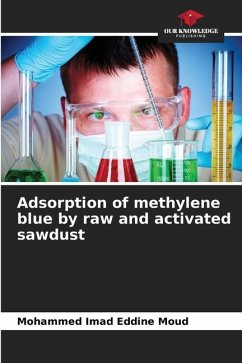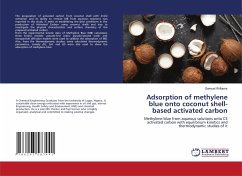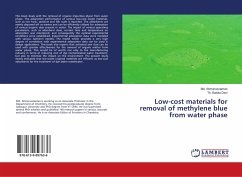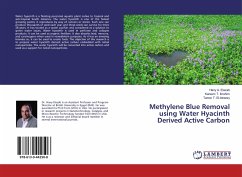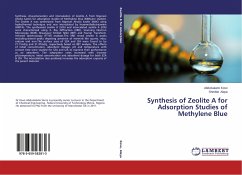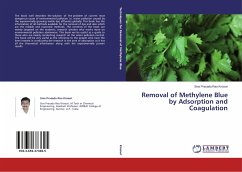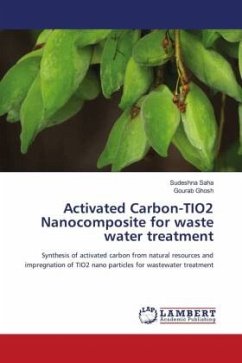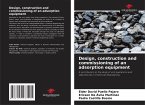Effluents from the textile, paper, tanning and food industries, etc., are laden with dye particles, most of which are toxic. The aim of this project is to use sawdust as a plant-based adsorbent to eliminate methylene blue, an organic pollutant. The treatment method proposed in this work is based on the adsorption process, using sawdust from Aleppo pine, which has the advantage of being locally available. The adsorption capacity of sawdust was studied under the influence of various parameters such as contact time, adsorbent mass, initial effluent concentration, agitation, temperature, pH and chemical activation. Results showed that equilibrium was reached after 20 minutes of contact. BM removal rates were relatively high, reaching 99%, and this for a short time (20min), and for a low adsorbent mass. This leads us to conclude that this process is effective for the treatment of colored waters, and could be exploited on an industrial scale.
Bitte wählen Sie Ihr Anliegen aus.
Rechnungen
Retourenschein anfordern
Bestellstatus
Storno

